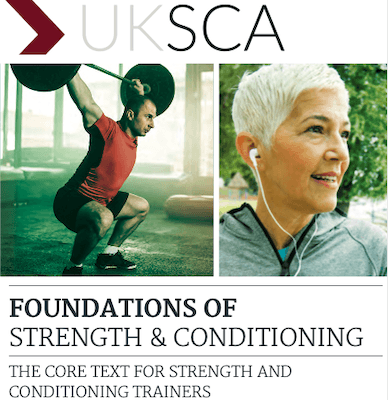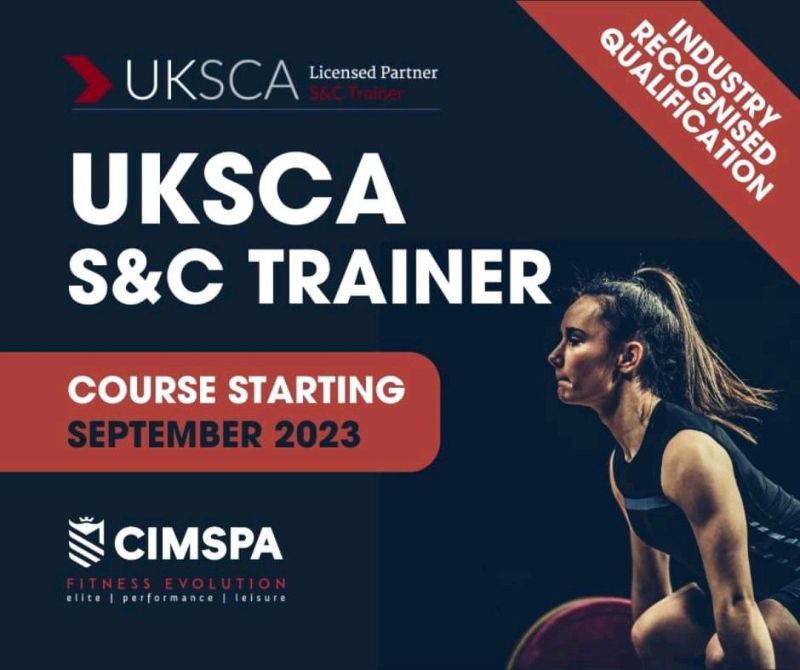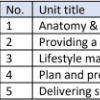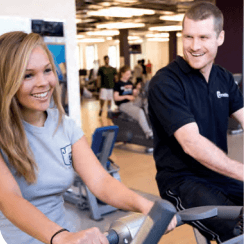


While the Foundations of Strength and Conditioning manual has been written as the core text for those looking to become S&C Trainers, it also serves as a key resource on the bookshelves, or in the gym bags, of developing S&C Coaches.
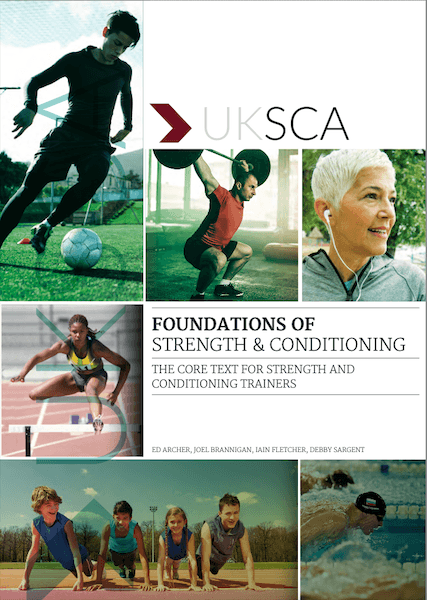
This section covers the landscape of strength and conditioning in the UK and also the benefits of S&C for fitness, health and well-being for general population, older adults, youth and performance sport. It also addresses some of the myths surrounding strength-based training.
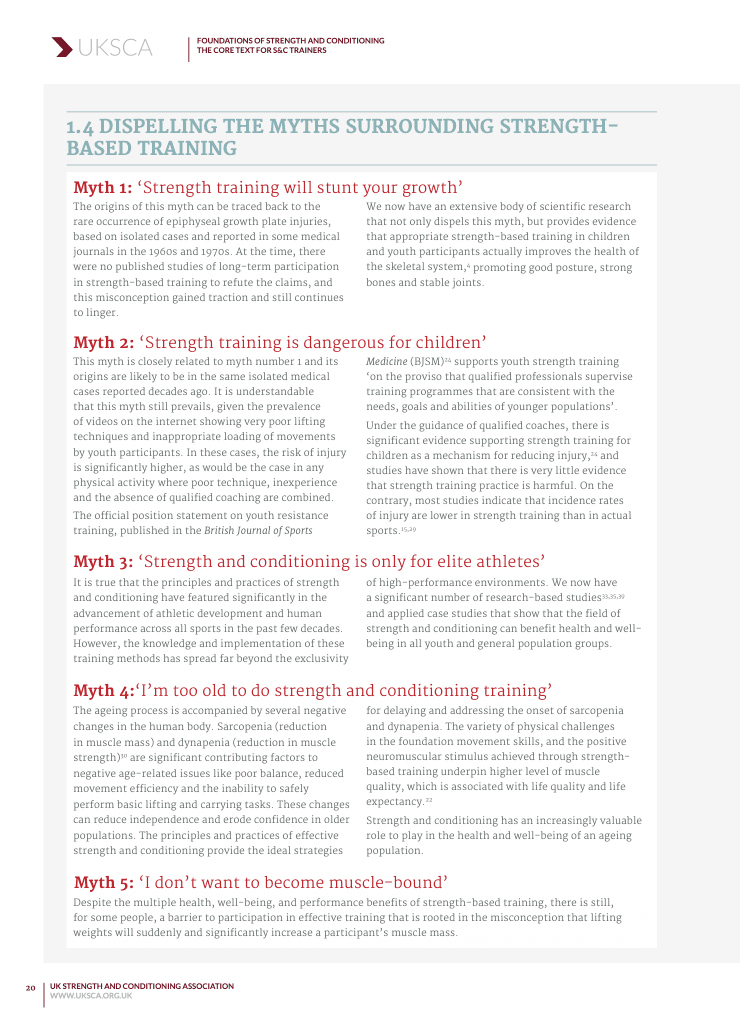
Section 2 looks at foundation movement skills and the importance of developing flexibility, mobility, stability, balance, coordination, strength and the concepts of movement progressions and regressions. It also covers the principles of Energy Systems Training (EST) and the different types of strength-based training; muscular endurance, hypertrophy, maximum strength, rate of force development, explosive strength and strength endurance. The final part of this section covers the principles of acceleration, deceleration and change of direction.
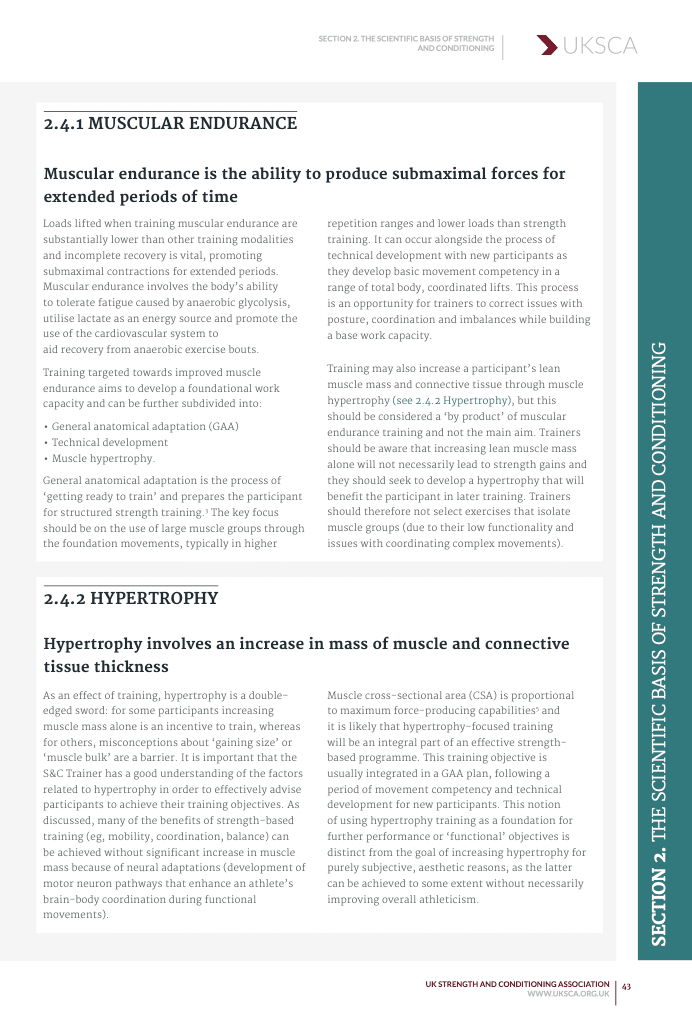
The key principles of training and how they are applied to programmes, conducting a sport/activity needs analysis, creating a training environment and communication for success are covered in this section.
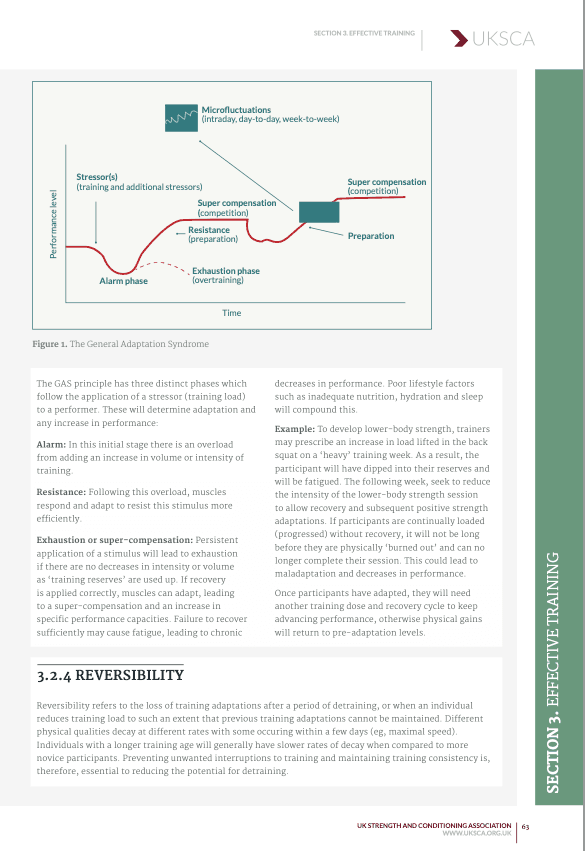
Section 4 takes you through the process for planning a 12-week S&C programme from initial consultation/data collection, conducting athlete needs analyses, evaluating athlete physical status through to screening and testing, goal setting and establishing the training content. It also covers considerations for youth, sex considerations and older athletes/participants.
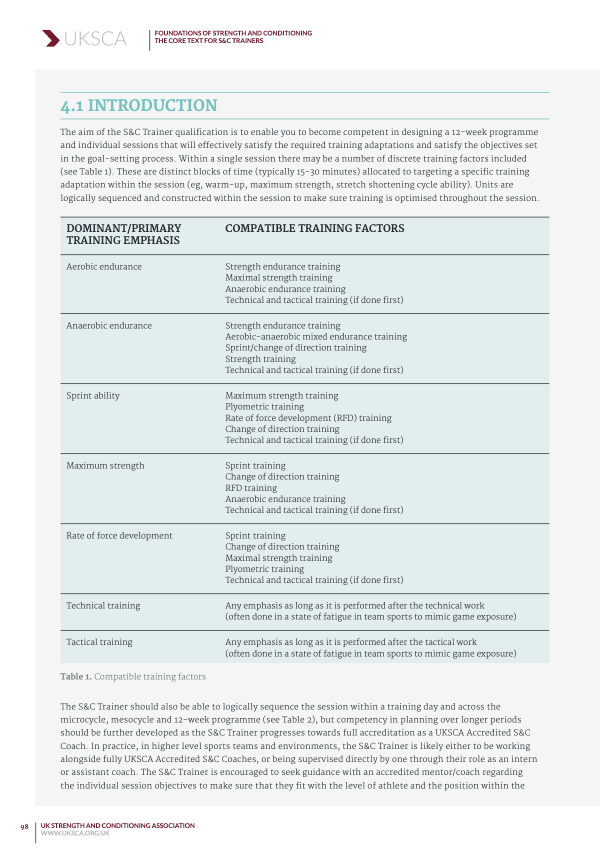
This provides the go-to guide for strength-based session design, covering the differences between muscular endurance, strength endurance, maximum strength, rate of force development and hypertrophy. It also gives you guidelines for designing energy system training (EST) sessions such as ATP-PC, anaerobic glycolosis, anaerobic/aerobic glycolosis, aerobic glycolosis/fat oxidation and combination sessions.
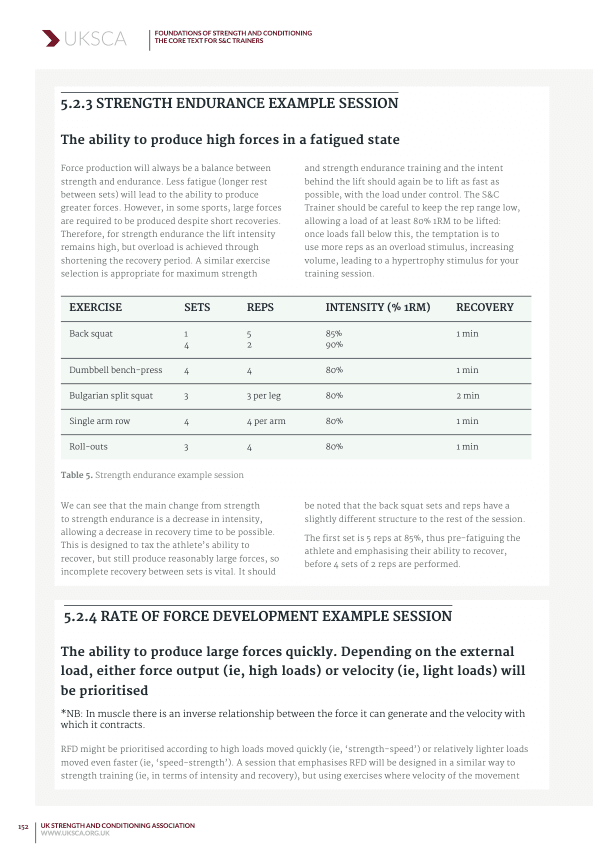
Technical models are concise descriptions of different exercises to provide an assessment framework for S&C Trainers. They include details about joint positions and angles, weight distribution, force application and trunk and limb alignment for over 40 exercises, covering squats, hinges, lunges, jumps, quadrupedals, pushes, pulls, rotations and running development drills.
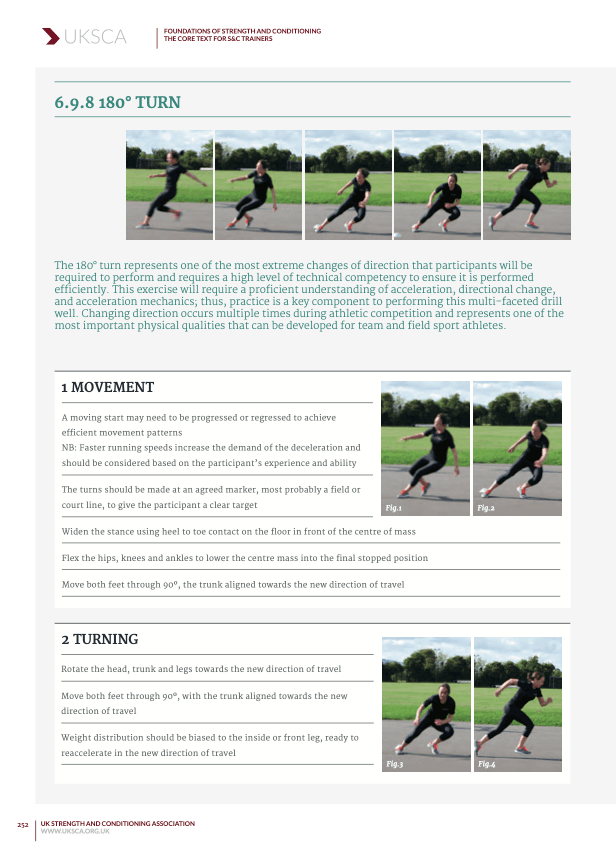
40 more technical models covering bilateral squats, bilateral hinge pulls, lower body unilateral, pushes and verticals presses, whole body explosive pushes, pulls, explosive exercises and trunk strength.
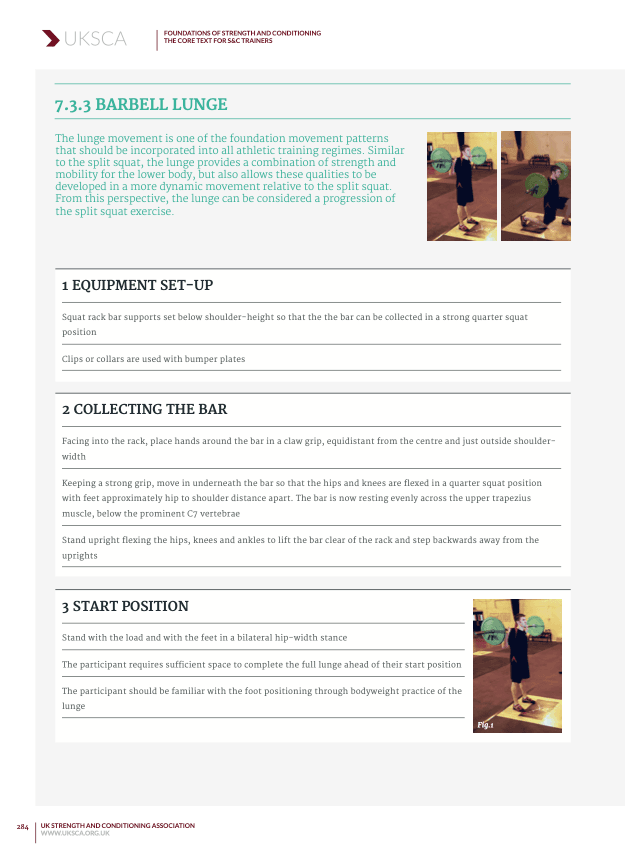
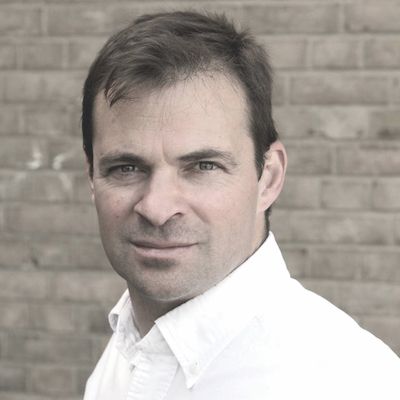
Ed has been a part of the S&C and fitness industry community for the past 25 years. His work in elite sport includes Gloucester Rugby, Formula 1 and a range of diverse performance environments such as ballet and international polo. He is committed to ensuring that high standards of coaching and training in high performance environments can be made more accessible to everyone, and he has become renowned for his work in promoting youth S&C.
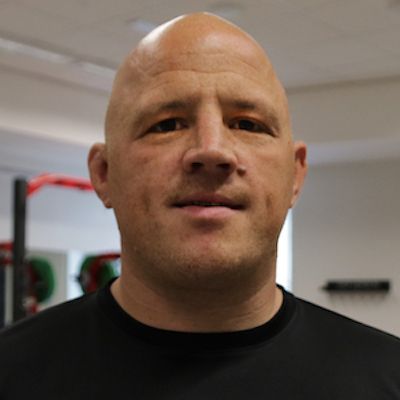
Joel is an experienced coach and manager having worked in S&C since retirement from professional rugby in 2004. He played for Edinburgh, London Welsh, Newcastle Falcons and Scotland at international level. Joel has worked in a diverse range of organisations experiencing elite and professional sport, NGBs, education settings and the private sector. He has delivered UKSCA training since 2012 and is an assessor on our accreditation process.

Ian has worked in the field of sport and exercise science for 30 years with a range of elite teams and individuals including the English Institute of Sport, England rugby, Northampton County Cricket Club and in professional football with Peterborough United and Luton Town. In his university role, Iain leads the BSc and MSc courses in S&C with particular research interests in the use of biomechanical principles to optimise human function and performance.
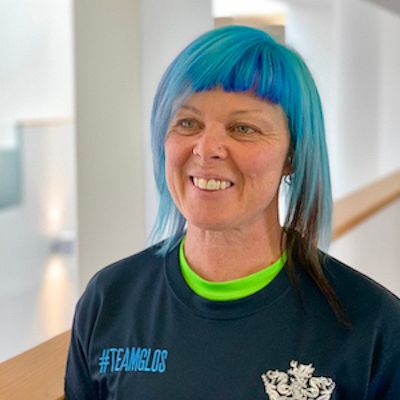
After graduating with under and postgraduate degrees in sport related disciplines, Debby has pursued a career in performance sport involving S&C coaching, academic teaching and performance management. She combines coaching world class performers with supporting the S&C coaches of the future, spreading her passion and applied expertise. Specific research interests are in the trainability of female athletes for optimal performance.
